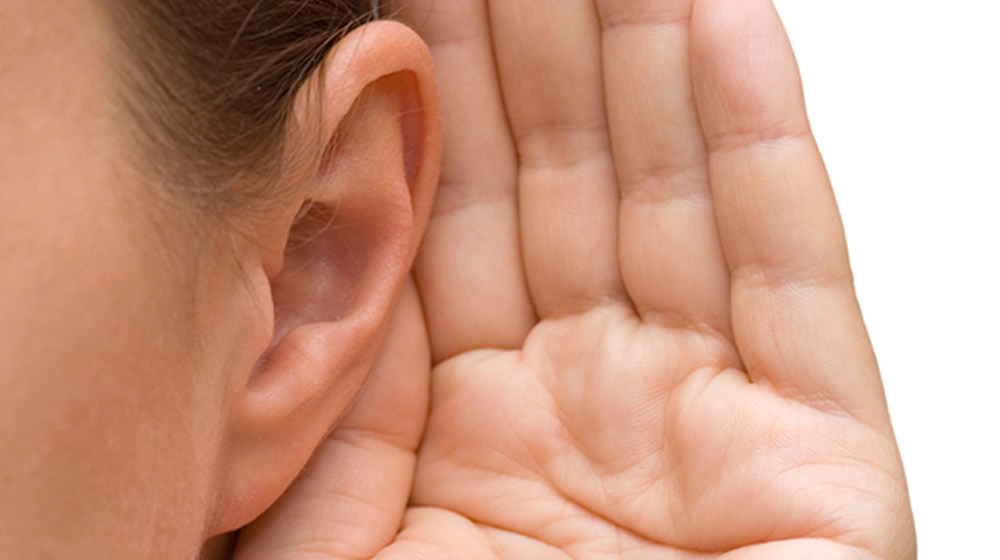Hearing devices help you communicate your best no matter where you are, so it’s especially important to lean into them when traveling. Make those unforgettable on-the-go moments even more special with these helpful reminders.
1. Get to Know Your Hearing Devices
Your hearing aids likely come chock-full of features — some you might not have fully explored just yet. Options may include streaming, geotagging, and controlling the devices through your compatible smartphone or tablet. Take time now to get to truly know your hearing technology for a better experience on the road.
2. Pack Extra Batteries
Keeping your hearing aids powered is even easier when you bring an extra supply of batteries — just in case. And be sure to remove batteries from your hearing devices when they’re not in use. If you’re using rechargeable hearing aids, it’s a good idea to have an extra charger on hand specifically for travel.
3. Remember Your Storage Container
Just like at home, your hearing devices need proper storage when not in use. In order to prevent damage or misplacement, protect them from moisture, small pets, and kiddos. Dehumidifiers made especially for the devices will not only dry and sanitize them; they’ll do double duty as convenient storage containers.
4. Change the Wax Guard
Your hearing device’s wax guard serves as an important protection against a damaging buildup of wax, skin particles, and other debris. If it’s been close to a month or more since you last changed out the wax guard, take care of this easy maintenance task before you go, and pack a couple of extra guards.
5. Include a Quick-Cleaning Kit
Dust and dirt can make their way onto your hearing devices, but a small cleaning kit is just the thing. Wipe the earmold — if it’s part of your device — with a soft, dry cloth; carefully brush over the microphone and battery contacts with a soft-bristle brush; and use a wax pick to remove earwax from the earmold.
6. Add Your Bluetooth Gear
From table microphones to phone clips, TV streamers, and more, Bluetooth-enabled accessories that work with your hearing devices can go a long way toward enhancing your communication and enjoyment. Make sure they’re part of your checklist.
7. Get Yourself in the Loop
Some museums, theaters, houses of worship, and other spaces have installed hearing loops, letting visitors enjoy enhanced audio by wirelessly connecting through the T-coil setting on their hearing aids. Look for the hearing loop logo, or ask the info desk if they’re a participating venue.
8. Protect Your Hearing
A new environment can mean new or unexpected sounds — some of which may hit the danger zone of 85 decibels or higher, which can harm your hearing. Avoiding excess noise when possible and bringing quality hearing protection that softens loud sounds can help guard your hearing health while on the go.
Taking to the skies? As of this writing, it’s A-OK to bring your hearing devices through airport screening and wear them during your flight. It’s always good to check with relevant authorities in advance, however, if you’re flying out of the U.S. or Canada.
Have questions about your hearing aids or wondering if you need them? Give Purchase Ear Technology in Paducah a call today at 270-558-3996. Purchase Ear Technology is conveniently located at 2008 Broadway St in Paducah, KY. At Purchase Ear Technology, you are more than a patient. YOU ARE FAMILY!










